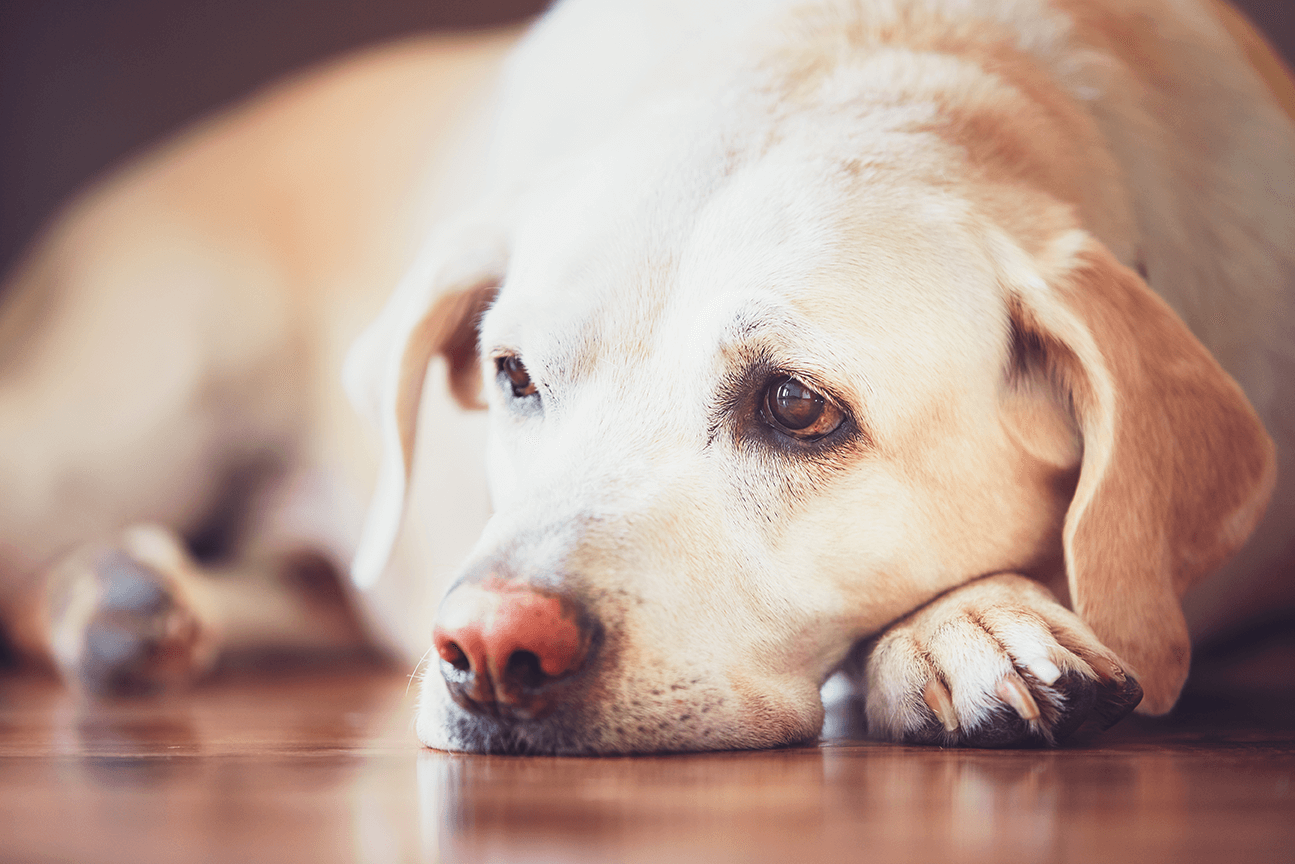As pets age, taking care of them becomes more difficult and owners often struggle with their frail health. Senior pets are no different from aging humans. It’s necessary to understand that old age isn’t a disease, but a stage of life for both pets and owners to navigate. Due to improved veterinary care, healthier dietary habits and advanced medical equipment& technology, pets in the last 30-40 years are living longer than they ever have before. Some dog breeds can reach up to 17 years and cats even more. One consequence of this is that pets, along with their owners and veterinarians, are faced with a whole new set of age-related conditions.
Any dog or cat older than age 8 can be classified as a senior pet. At that time, owners should be prepared and ready to take care of their special needs. Older pets’ immune systems are not as healthy as those of younger animals; as a result, they can’t fight off diseases or heal as fast as younger ones. We know that geriatric pets can develop many of the same problems seen in older people, such as: cancer, heart disease, diabetes, kidney or liver issues, joint or bone disease, senility, weakness etc. That is why they require increased attention, including more frequent visits to the vet, possible changes in diet, and in some cases alterations to their home environment, such as sleeping areas to avoid stairs, more time indoors, etc. Geriatric pets should have semi-annual veterinary visits, so signs of illness or other problems can be detected early and treated. Their medical exams are now more in depth, and may include dental care, possible bloodwork, and specific checks for physical signs of diseases that are more likely in older pets. This special health care program along with proper nutrition & exercise, calm environment and our unconditional love, will help pets live a long, healthy and happy life by our side.






